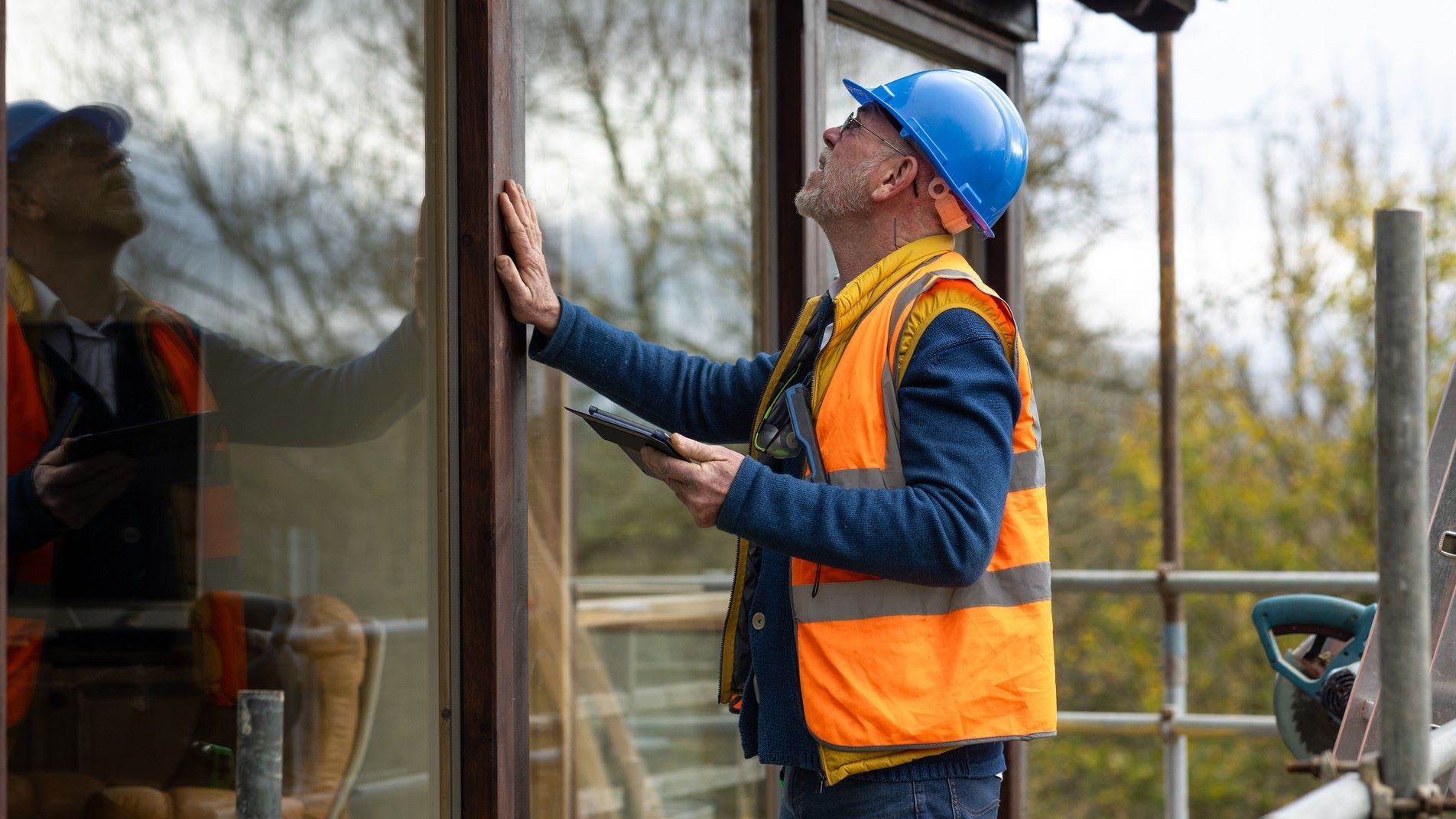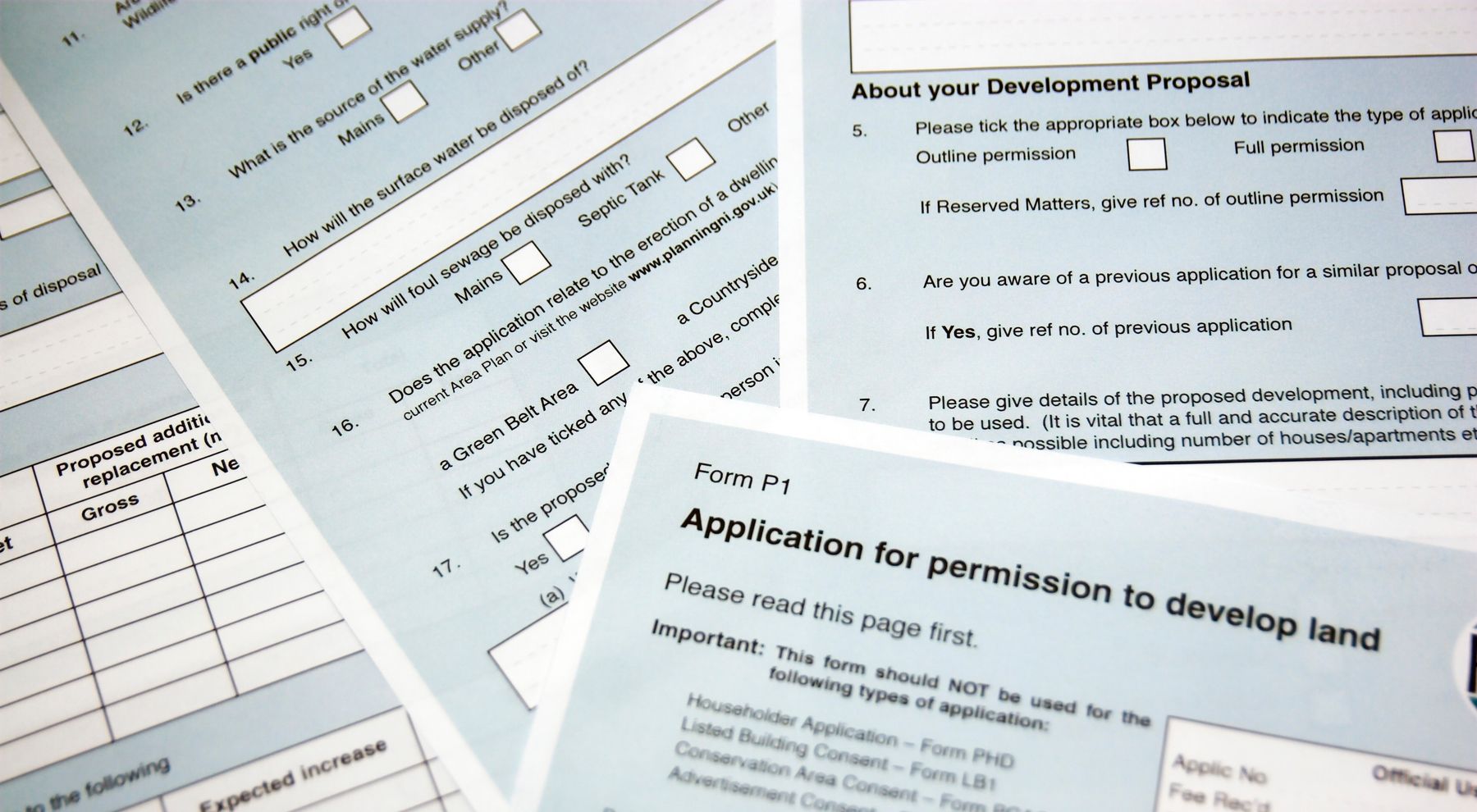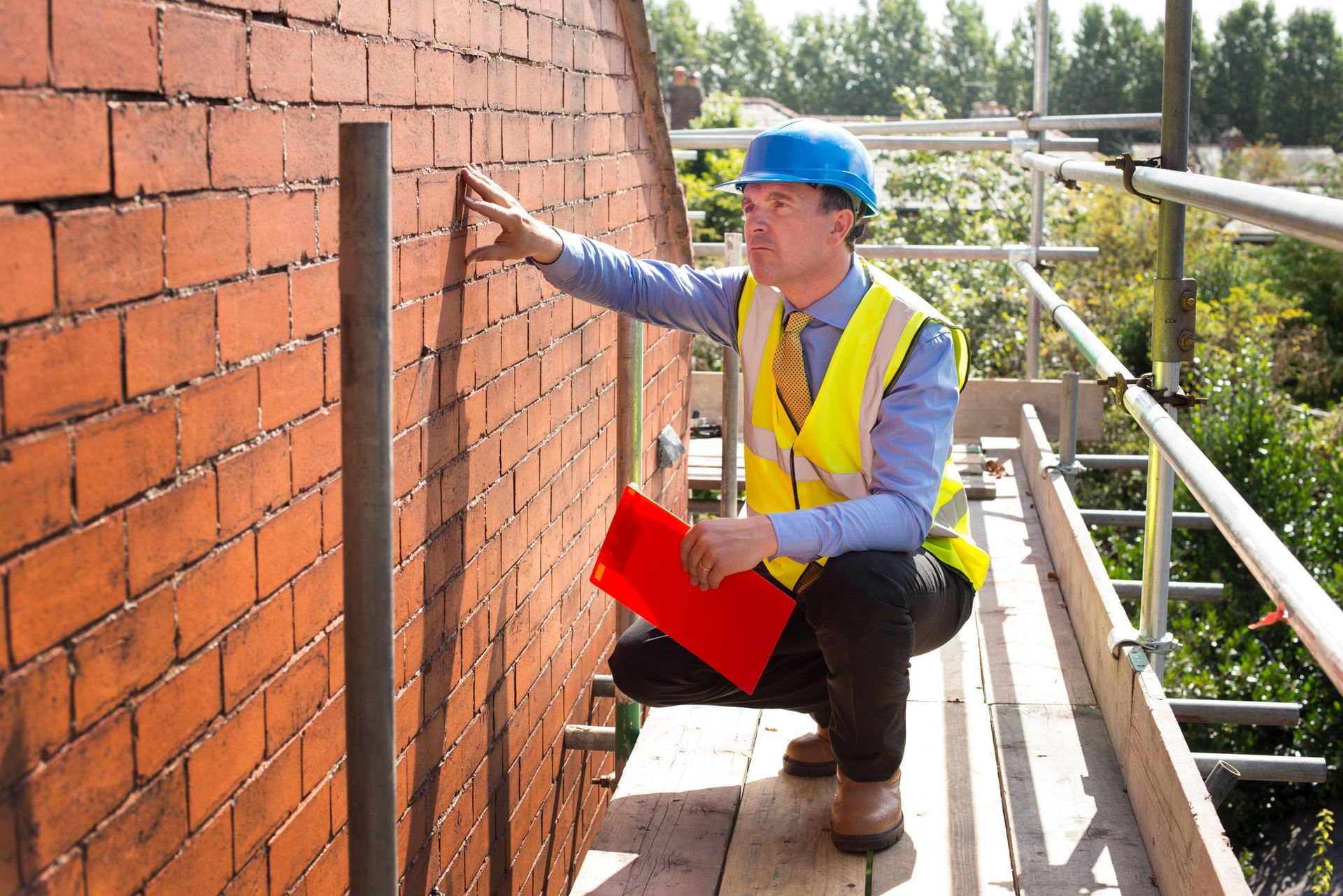Planning Application Advice: A Guide to Getting The Go-Ahead

Starting a new construction project can be an incredibly exciting and rewarding experience, but it certainly isn’t without its challenges. In many cases, you will need permission before you begin to do any work. To receive this nod of approval, you first need to put in what is known as a planning application to your local issuing authority. How, then, do you ensure this goes through successfully and without being denied or delayed?
This article explains everything you need to know about seeking planning permission, and how to receive planning application advice. Read on to find out more.
Defining Planning Permission
Before applying for planning permission, it’s important to know how it can be defined and its purpose. Without full knowledge and understanding, you may end up wasting your time unnecessarily. As a preventative measure, read on into this section to find out everything you need to know about what planning permission is.
The History
Land ownership agreements in writing have been around for centuries, helping to resolve property disputes as soon as they crop up. This includes the Magna Carta, for example, a text written in the Middle Ages to prevent the king from abusing his power and overtaxing the public. Proper regulations around planning permission, however, are relatively recent in the UK.
Legislation began to appear in the late 19th century, as the Industrial Revolution brought about overcrowding problems and property disputes about living situations. However, the rules and paperwork were established more for the sake of sanitation purposes at the time, rather than the issues we are largely concerned about today.
Regulations became recognisable to us today following the World Wars when the Town and Country Planning Act was introduced in 1947. This act stipulated that landowners needed to get permission from their local planning authority, such as the council, to carry out any projects or developments. It led to the development of the current system all landowners are subject to today.
The current Town and Country Planning Act has a much greater emphasis on environmental sustainability, to reduce the impact any new developments have on existing structures and wildlife. It comes with a variety of rules and regulations, which must be understood and followed before any projects can take place.
Why It Is Needed
As mentioned above, the rules surrounding planning applications have been in development for the past two centuries, in differing stages. The intention for planning permission rules is now to protect the landscape and environment that is likely to be built upon. In this way, important and protected areas can be kept safe from damage caused by construction.
Not only are planning applications meant to restrict the impact on the local environment but they are also meant to reduce the risk of property disputes. No one wants to purchase their dream home to find out years later that their neighbour will block their view by expanding their own home. Property disputes can be messy and expensive, so preventing their potential as early as possible is key.
Know If You Need It
Before you go through the process of a planning application, you might find it’s not needed for your project. On the other hand, it’s always better safe than sorry to check the requirements before beginning a new project, to save you from property disputes later down the line.
Read this section carefully to find out whether it is necessary for your planned project.
The Three Reasons for Planning Permission
While there are several unique situations where you may need to apply for planning permission, there are three most common reasons that repeatedly crop up.
Perhaps the most obvious change that requires planning permission is the process of building something new. This will usually refer to large buildings and houses that will make significant changes to the existing landscape, such as the construction of a new office block. A planning permission application is therefore required to be approved by the local governing body to take place lawfully.
If you intend to make major changes to your building, such as an extension or a structural change, you may need to get planning permission from your local planning authority. While your building may not have property disputes ongoing, changing the structure of your property may lead to an unexpected blocking of your view or destroyed sensitive landscapes. It’s therefore important to get planning permission, to make sure that any change to the environment is approved.
Surprisingly, even changing the purpose of your building can require approved planning permission. Perhaps you’d like to make a disused warehouse into an open-plan office or change an abandoned church building into apartments. Regardless of what you would like to do, it’s essential to ascertain whether planning permission is required beforehand, by getting in touch with your local issuing authority.
Being Denied
If you are or have already been denied planning permission, don’t be disheartened. There are some cases in which you can appeal the decision, after making some adjustments or providing evidence of why the reasons given for denial were wrong.
In most cases, a planning permission request will be denied due to its impact on the surroundings. To help you understand what has happened and why, this section details the potential justifications, as well as how to get back on your feet and reapply.
Reasons for Denial
To deny your application, the issuing authority must have clearly explained reasons as to why. These reasons, although different for each local planning authority, will usually include or reference an impact on the site’s surroundings.
To help you understand why you might have been denied, we have listed a few of the most common justifications for denying a planning permission request.
- A local planning authority may deny an application if the request:
- Impacts the environment
- Restricts road access
- Uses hazardous materials
- Someone loses privacy
- Poses a safety risk
- Not acceptably planned, e.g. the plans are not properly to a scale
- Stops light coming through
Planning Permission Appeals
If you believe you have been unjustly denied on your planning application, you should be able to apply for an appeal. If you have lost money because of unreasonable behaviour by the governing body, you can even apply for what is known as an ‘award of costs’.
Three key circumstances in particular can lead you to appeal your local planning authority’s decision. Should you like to appeal, it’s worth describing your circumstances to a company to receive planning application advice.
- You might appeal a decision if you have:
- Been refused planning permission unfairly
- Been granted permission but have requirements that you object to
- Not received a decision after a set amount of time
Preventing Being Denied
Seek planning application advice from an expert to get a good sense of whether you are likely to be accepted on your request. If not, the professional company should be able to provide you with some advice for adjustments that can be made to your request or project plans to ensure that you are accepted while still achieving what you want.
Not every local planning authority will have the same requirements for accepting a planning permission application, so it’s vital to know what is specifically needed from you. Moving areas can often trip you up, so make sure to check the rules for your new area fully before starting any projects.
How We Can Help
If you’re feeling lost and overwhelmed when it comes to finding high-quality planning application advice, look no further than Simon Levy. In this section, you can learn more about our expertise and how it can be applied to help you.
Read on to find out more about what we do at Simon Levy Associates.
Our Services
Besides routinely providing expert planning application advice, our team can help you every step of the way. At Simon Levy Associates, we offer a range of services to help you settle any property disputes. Whether it’s a party wall problem or a construction dispute, our team specialise in supplying property advice as chartered building surveyors.
Making sure your property has no defects during its construction or renovation process is essential to preventing further problems. When left unchecked, a building with defects can be subject to detrimental and costly damage caused by weather and other factors, creating a huge loss that should have been prevented by the construction team. Construction expert witnesses can help to ensure detrimental loss is not an eventuality, by offering an impartial yet expert opinion.
Get In Touch
Find out more about us and our other services by visiting our website, where you can view our previous projects and full explanations of what’s on offer. Alternatively, please get in touch with our team directly for more information.











